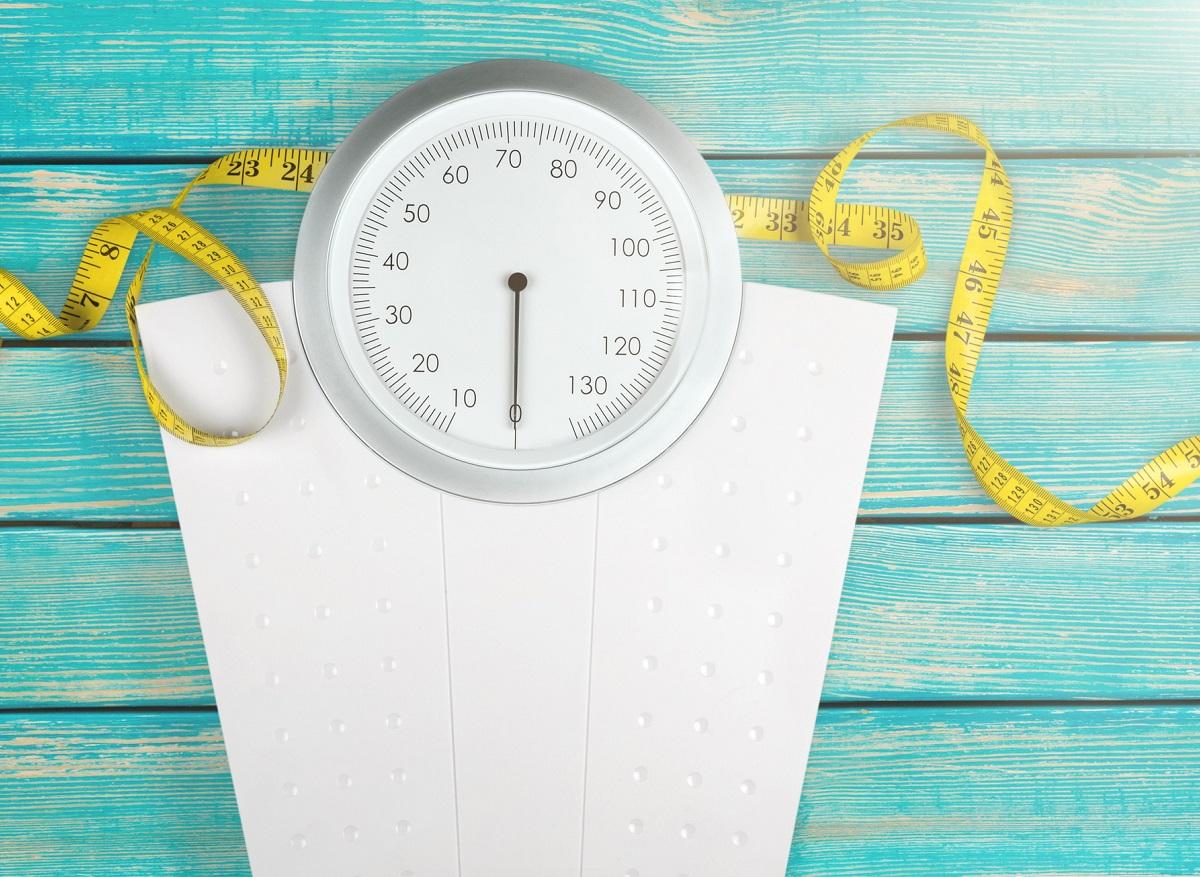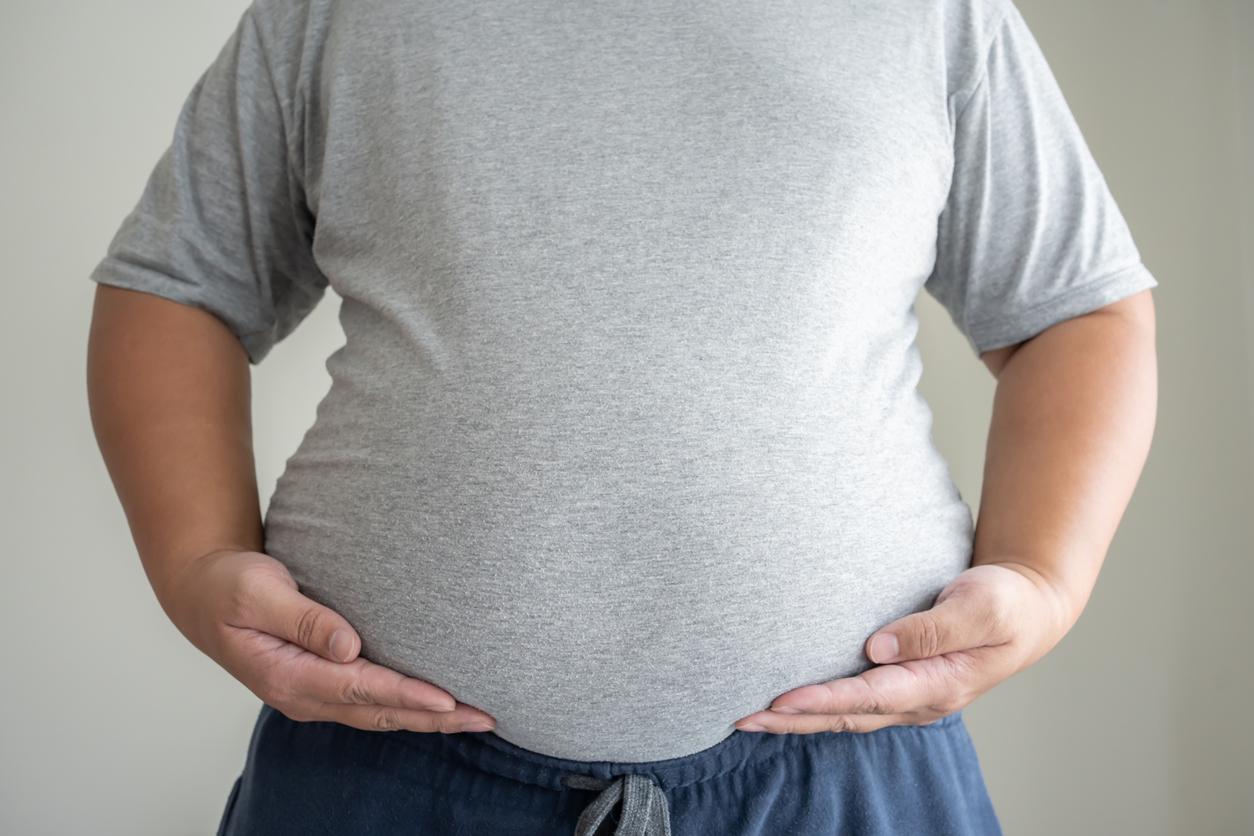Are you on a diet? Chances are you’re not eating as healthy as you think, according to a US study.

- The HEI score is 0 to 100. A higher score indicates a healthier diet.
- By the end of the study, participants had improved the quality of their diet by about one point according to the score assessed by the researchers.
When you go on a diet to lose weight, you try to adopt a balanced and varied diet. But according to researchers from the University of Pittsburgh (USA), dieters tend to overestimate their intake of healthy foods. To reach this conclusion, they performed Worksthe results of which were presented at the Scientific Sessions of the American Heart Association.
Weight loss: 116 adults adopted a healthy diet for one year
For the purposes of the study, the scientists recruited 116 people, aged 35 to 58, who were trying to lose weight. Participants had to follow the nutritional recommendations of the American Heart Association. In detail, they were to consume fruits and vegetables, eat whole grains, replace low-fat dairy products with whole dairy products, opt for lean meats, use vegetable oils, turn less to foods and drinks containing added sugars, reduce their alcohol consumption, or even stop drinking it.
The volunteers met with a dietitian to discuss their diet. They had to write down everything they ate and drank every day for a year on an app and also weighed themselves daily. The team calculated an HEI (Healthy Eating Index) score at the start and end of the study based on the types of foods the adults reported eating. The HEI index is a measure that assesses how well a diet meets health recommendations. Recruited adults had to self-assess the quality of their diet at the start and end of the program to determine their perceived score.
Diet: an overestimation of the consumption of healthy foods
According to the results, only one in four dieters did not overestimate the quality of their diet. “We found that while people generally know that fruits and vegetables are good for you, there may be a disconnect between what researchers and health professionals consider a healthy, balanced diet versus what the general public thinks is a healthy and balanced diet”, said Jessica Cheng, lead author of the study, in a statement.
“Overestimating the perception of the foods consumed could lead to weight gain, frustrations linked to the non-achievement of personal weight loss goals or a lower probability of adopting healthier eating habits. (…) These results encourage interventions that include more frequent contact with health professionals, such as dietitians, to promote sustainable and realistic healthy eating behaviors”, concluded Deepika Laddu, member of the American Heart Association.

















